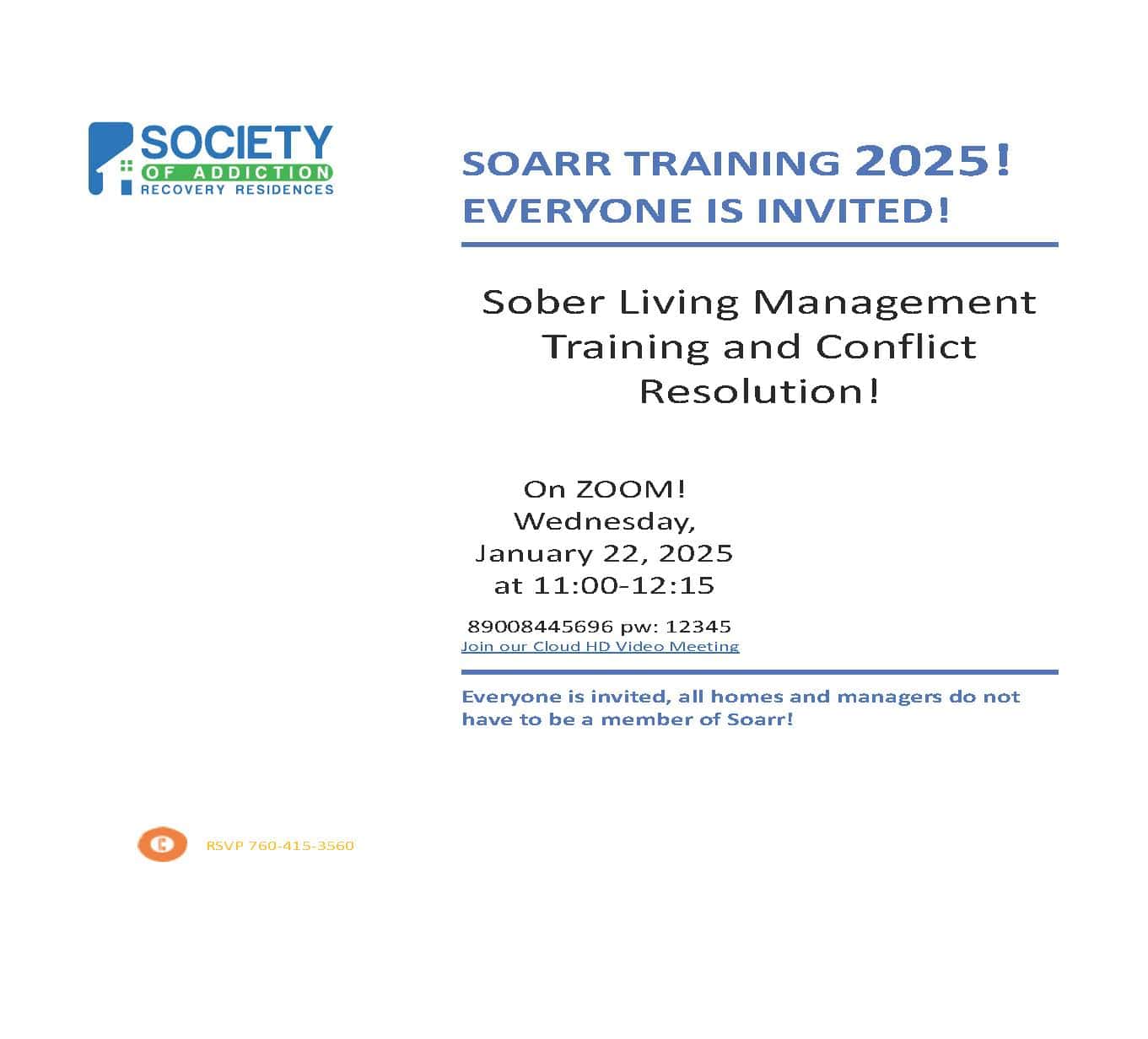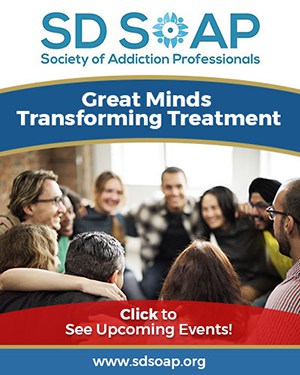Many people use different tools to get sober from addictive drugs. Many advocates work to get harm reduction initiatives in their communities. Many treatment centers offer MAT to help people get sober. However, there is sometimes confusion surrounding the two services. What are their benefits, and how do they differ?
Harm Reduction and Its Techniques
Harm reduction is used to help people who are currently using drugs. Opioids and other drugs are often dangerous enough that there is a risk of death every time a person uses them. This is because all opioids/opiates slow a person’s breathing. When they take too much of an opioid or combine it with alcohol or a sedative such as a valium, a person is more likely to die of an overdose. For opioids, there is much danger for people who continue to use them. Fear of overdose, withdrawal symptoms, and other health issues are real outcomes for people who live with substance use disorders.
People who use needles to use drugs also are at higher risk of diseases such as COVID or HIV. Their immune systems often don’t work well and can’t fight off infection as easily. This makes their skin more prone to staph infections and even antibiotic superbug infections.
The lifestyle of an addicted person may be full of risks. Some people turn to sex work to earn the money they need to survive and continue to use drugs, making them more at risk for unwanted pregnancy and STDs.
Harm reduction advocates don’t want to help people remain addicted to drugs. They want to help them stay alive until they decide to quit. This is why they hand out clean needles and other supplies. They also teach people how to get and use naloxone, the opioid overdose reversal drug. They don’t, however, help users obtain drugs.
Medication-Assisted Treatment (MAT) Is a Treatment
MAT is a treatment that helps people with addictions to drugs with intense withdrawal symptoms. People addicted to fentanyl or heroin usually fall into this group. Opioids can create intense cravings and withdrawal symptoms, making it hard for a person to get sober without medical help.
Medication-assisted treatment is not a drug; it’s medication, combined with talk therapy. There are many types of MAT, but the most popular tend to be buprenorphine, methadone, and naltrexone for opioids. There are MAT meds available for people with alcohol use disorder as well. These drugs treat substance use disorders to prevent intense craving and withdrawal. This helps the person who is addicted focus on working toward recovery. They don’t have to be intensely uncomfortable as they work to stay sober and achieve their goals.
The therapy method is considered so safe that the government recommends that users can use it for periods as long as years. It doesn’t create a sense of getting “high” but helps the patient feel more balanced and less focused on the discomfort of getting sober.
MAT and Treatment Recovery
The FDA considers MAT to be the “gold standard” of treatment. In modern treatment facilities, the decision to use MAT medications is between the addicted person and their doctor. Many treatment facilities help people get to their medication appointments, therapy, and other services.
Many people stay on MAT for extended periods of time. Just like some people take medication for their mental health, MAT is a prescribed treatment overseen by a trained professional.
People who take MAT usually participate in inpatient treatment, or intensive therapy to help them learn healthier ways to cope. People learn a lot about themselves and their addiction by participating in treatment, which can help them stay sober in the long term.
S.O.A.R.R. – Society of Addiction Recovery Residences
SOARR is a society of carefully selected and vetted sober homes representing the best that the San Diego area offers. Our homes are clean and safe and offer independence to pursue work or school goals while staying focused on recovery. Learn more about our offerings at 619-828-2001.





